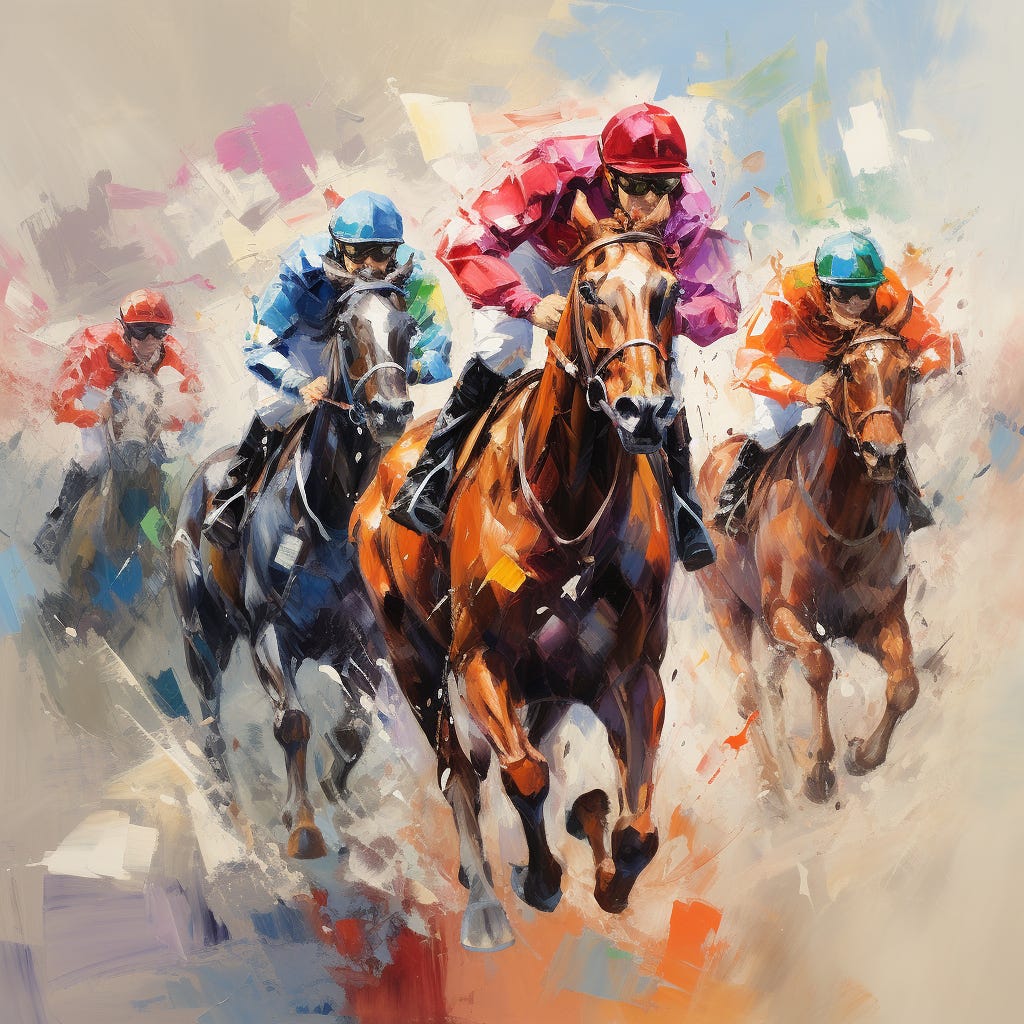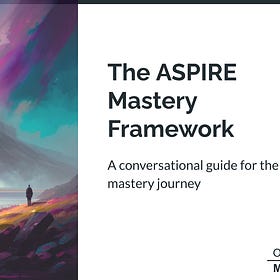One of the hardest things as a parent is seeing your children suffer the natural let-downs and disappointments inherent to our ordinary lives. You feel inclined to protect them from the harsh realities of existence, but you also know that tough times are a crucible for shaping character. We walk a fine line as parents between providing a cushioned security of unconditional love and support and encouraging them to expose themselves to the tests and trials necessary for personal growth.
My daughter has had a tough week, nothing too egregious in comparison to the suffering children endure in far too many tragic scenarios across the globe, but tough for her nonetheless. One of her disappointments this week was her performance in an inter-school cross-country running event.
In her own school, she tends to do quite well in her cross-countries. Some of the girls set off at an unsustainable pace and soon tire themselves out, and many others hate the discomfort of effort and try to get away with minimal exertion. With a steady consistent pace and spirited determination, my daughter tends to finish towards the top of the field, not too far behind the girls who train for running in afterschool clubs or at home.
We were thrilled when she volunteered to participate in an inter-school event but also cautious that since she was stepping up a level she might struggle to perform to her usual expectations, especially as she hasn’t trained for the event as other competitors are likely to have done. So we experienced that helpless feeling when she came home full of gloom and disappointment after finishing towards the back of the field, our words of wisdom derived from our own encounters with the vicissitudes of life offering little comfort in the immediate aftermath of a crushing defeat.
Her experience reminded me of my study of mastery and the development of talent. From anecdotes of teachers, and the evidence of scientific study, it appears that early talent in a particular domain is not predictive of later success in comparison to one’s effort and attitude. It seems that being blessed with talent makes the precocious individual less inclined to work on their capabilities than their compatriots who, through suffering the indignities of defeat, learn to imbue the qualities of diligent practice and resilient effort in overcoming their limitations.
There are many interesting studies and anecdotes referenced in the work of Eric Anderson, discussed in his book, Peak, which support the notion that early talent is trumped by structured effort, but more memorable for me is Shunryū Suzuki’s retelling and interpretation of the parable of the four horses from Buddhist scripture. An encouraging story, if we put the ethics of beating horses to one side, relating to fast learners and slow learners, the super-talented and the mediocre, and how performance is not the point - the point is the attitude.
“It is said that there are four kinds of horses: excellent ones, good ones, poor ones, and bad ones. The best horse will run slow and fast, right and left, at the driver’s will, before it sees the shadow of the whip; the second best will run as well as the first one does, just before the whip reaches its skin; the third one will run when it feels pain on its body; the fourth will run after the pain penetrates to the marrow of its bones. You can imagine how difficult it is for the fourth one to learn how to run!
When we hear this story, almost all of us want to be the best horse. If it is impossible to be the best one, we want to be the second best. That is, I think, the usual understanding of this story, and of Zen. You may think that when you sit in zazen you will find out whether you are one of the best horses or one of the worst ones. Here, however, there is a misunderstanding of Zen. If you think the aim of Zen practice is to train you to become one of the best horses, you will have a big problem. This is not the right understanding. If you practice Zen in the right way it does not matter whether you are the best horse or the worst one. When you consider the mercy of Buddha, how do you think Buddha will feel about the four kinds of horses? He will have more sympathy for the worst one than for the best one.
When you are determined to practice zazen with the great mind of Buddha, you will find the worst horse is the most valuable one. In your very imperfections you will find the basis for your firm, way-seeking mind. Those who can sit perfectly physically usually take more time to obtain the true way of Zen, the actual feeling of Zen, the marrow of Zen. But those who find great difficulties in practicing Zen will find more meaning in it. So I think that sometimes the best horse may be the worst horse, and the worst horse can be the best one.
If you study calligraphy you will find that those who are not so clever usually become the best calligraphers. Those who are very clever with their hands often encounter great difficulty after they have reached a certain stage. This is also true in art and in Zen. It is true in life. So when we talk about Zen we cannot say, 'He is good,' or 'He is bad,' in the ordinary sense of the words. The posture taken in zazen is not the same for each of us. For some it may be impossible to take the cross-legged posture. But even though you cannot take the right posture, when you arouse your real, way-seeking mind, you can practice Zen in its true sense. Actually it is easier for those who have difficulties in sitting to arouse the true way-seeking mind that for those who can sit easily.”Shunryū Suzuki - Zen Mind, Beginner’s Mind
With the spirit of the beaten horse, and getting to to marrow of Zen, my daughter has picked herself up from her setback with the kind of renewed determination that will serve her well in her development through life. She seems to enjoy running so we’ve encouraged her to participate in the local Parkrun. Yesterday she was pleased to simply run her best in a field of adults and seems to be committed to adopting her own training routine at home. We’re very proud of her for picking herself up and bouncing back so quickly.
The lesson for her, and any one of us, is not to let the ego take over by judging our worthiness by the natural ups and downs of single performances. By cultivating an appreciation of long-term commitment, rather than the complacency or apathy that might easily be the pitfalls of the faster horse, she will hopefully develop the mindset of getting to the marrow of practice.
Sticking to the path, and valuing the process is the way of mastery.
Ordinary Mastery was conceived with the realisation that the principles and practices of mastery are just as applicable in our ordinary pursuits as they are to elite performers bringing insights into how we approach our ordinary lives of work, relationships, hobbies and interests.
With this in mind, I am launching Ordinary Masterclasses in early 2024. A series of 8 online modules for ordinary people like you and me to help us in getting better at things.
See details in the link below.







So for horses, so for us, and so for our organisations. Trouble is, we shoot the bad ones before they have time to learn, and laud the best ones who feel no need to learn at all......